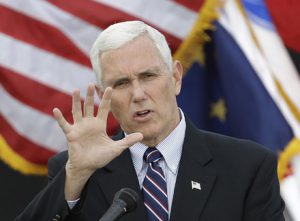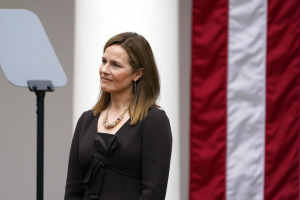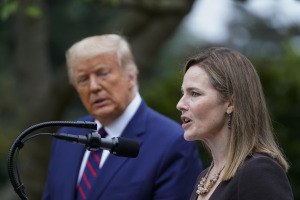
Supreme Court sides with former athletes in dispute with NCAA
In a ruling that could help push changes in college athletics, the high court on Monday unanimously sided with a group of former college athletes in a dispute with the NCAA over rules limiting certain compensation.



